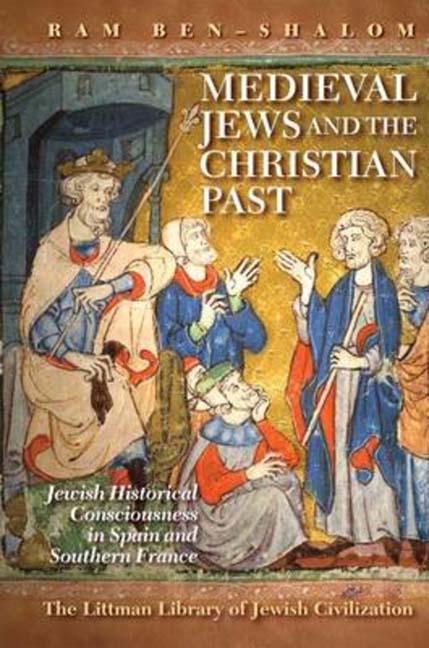1 - Genres and Motives
Summary
IN THE MIDDLE ages historical consciousness played an important role in shaping society and culture for Christians and Jews alike. However, it is difficult to isolate historical consciousness from religion during this period, as the teleological tradition of the Bible had influenced both Christians and Jews. The Graeco-Roman historiographical approach, which attempted to record the events of the past for posterity (those that merited being remembered and preserved) and to explain them by means of natural and human circumstances and concepts, was relegated to the sidelines or merged into a new system bound by a transcendent paradigm and directed towards an eschatological end.
The religious importance of Jewish chronology was demonstrated some time before 1140 by Judah Halevi in the Book of the Kuzari. He held that the Jews’ acceptance of one chronological span from the Creation onwards was proof of the accuracy of Moses’ prophecies. In the early fifteenth century Shimon ben Tsemah Duran (known in Jewish sources by the acronym Rashbats) argued that the agreement of ‘all the generations’ on a common chronology was one of the key proofs of the creation of the world ex nihilo. This view was shared by the overwhelming majority of Jews and Christians in the Middle Ages: the world was created by God, and divine providence would control history until its end. Disagreements between Christians and Jews concerned the precise timing of events, the intentions of divine providence, and the correct interpretation of its manifestations.
Jewish historiography focused on correlating Jewish chronology, general chronology, and Christian chronology. This was a similar approach to Christian writers, who developed methods of correlating biblical history and general history to further the Church's mission to disseminate Christianity in the pagan Hellenist-Roman world. To persuade pagans to convert, the Church Fathers had first to introduce them to the history contained in the Old Testament: a history that was unfamiliar and that began with a couple (Adam and Eve) of whom they had never heard. In addition, they had to prove that this ‘new’ history was more accurate, reliable, and significant than classical history. In his Chronicle, Eusebius presented the history of all the kingdoms and nations of the classical and eastern worlds in parallel columns correlated with the genealogies of the Bible.
- Type
- Chapter
- Information
- Medieval Jews and the Christian PastJewish Historical Consciousness in Spain and Southern France, pp. 13 - 63Publisher: Liverpool University PressPrint publication year: 2015



